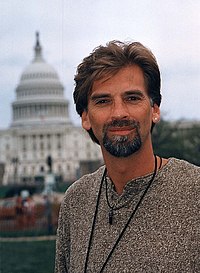Lists





5 Music Artists
Hi
Sort by:
Recent Desc
More lists by Greg



Better than Lynyrd
List includes: The Allman Brothers Band, Derek and the Dominos, The Marshall Tucker Band
October 2021
0
G
@gregcars89



Paradise Isolation
List includes: James Taylor, Natalie Merchant, Kenny Loggins
October 2021
0
G
@gregcars89



Shawn Colvin
List includes: Anna Nalick, Melissa Etheridge, Shawn Colvin
October 2021
0
G
@gregcars89